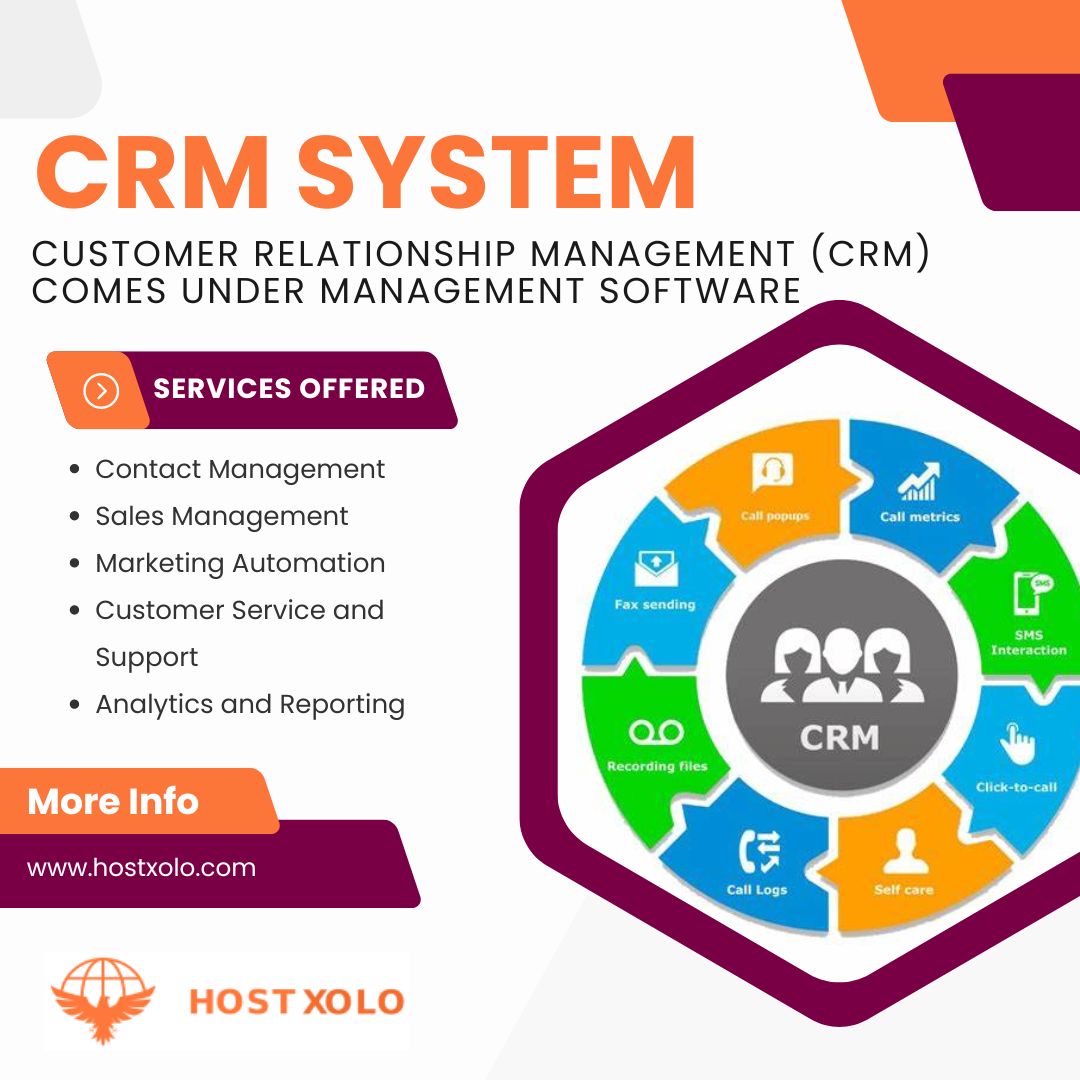
Customer Relationship Management (CRM) systems include a variety of features designed to help businesses manage interactions with customers and streamline processes. Key features of CRM systems typically include:
- Contact Management: Centralized database for storing customer information, including contact details, communication history, and social media interactions.
- Sales Management: Tools for tracking sales opportunities, sales pipelines, and forecasting. This includes lead management and tracking customer journeys.
- Marketing Automation: Campaign management tools, email marketing, social media integration, and marketing analytics to automate and track marketing efforts.
- Customer Service and Support: Ticketing systems, case management, knowledge bases, and customer self-service portals to handle customer inquiries and issues.
- Analytics and Reporting: Dashboards and customizable reports to analyze sales, marketing, and customer service performance.
- Workflow Automation: Automation of repetitive tasks, such as follow-up emails and task assignments, to improve efficiency.
- Mobile Access: Mobile apps and responsive designs to allow access to the CRM system from smartphones and tablets.
- Integration Capabilities: Integration with other business systems, such as email platforms, accounting software, and e-commerce solutions.
- Customization: Ability to tailor the CRM system to specific business needs, including custom fields, layouts, and modules.
- Collaboration Tools: Shared calendars, project management tools, and communication platforms to enhance team collaboration.
- Social Media Integration: Tools for monitoring and engaging with customers on social media platforms.
- Customer Segmentation: Features for segmenting customers based on various criteria to target marketing efforts effectively.
These features help businesses improve customer relationships, increase sales, and enhance overall efficiency.
